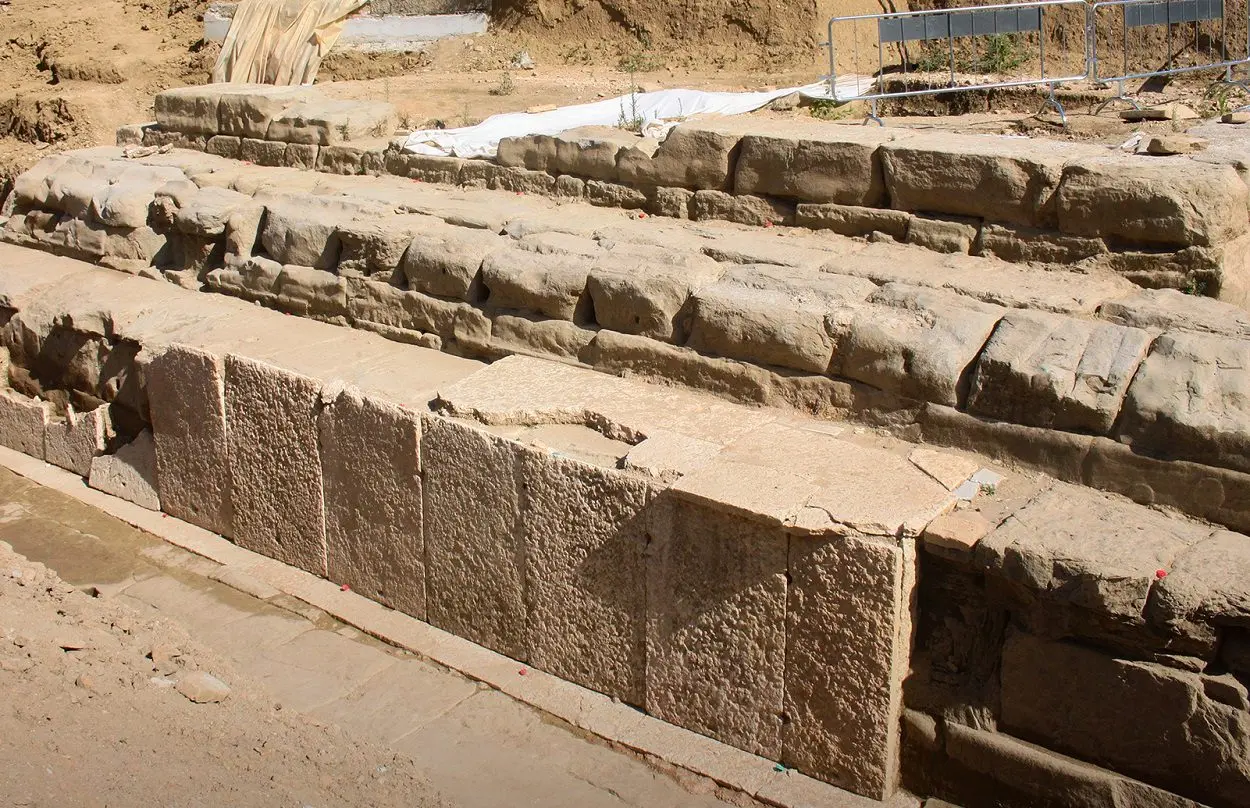In a press announcement by the Italian Ministry of Culture (MIC), archaeologists have discovered a Roman temple in the Italian town of Sarsina.
During antiquity, Sarsina was a settlement of the Umbri, an Italic people that were conquered by the Romans during the 3rd century BC.
Following the annexation of Umbri territories, Sarsina emerged as a major centre of a pasture district, and was also the birthplace of Plautus, a Roman playwright whose comedies are among the earliest Latin literary works to have survived in their entirety.
Today, the town contains the remains of several ancient buildings from the Roman period, such as the public baths, remains of other temples, town defences and fortifications, in addition to a number of amphorae, ceramics, pillars, and bronze objects discovered by archaeologists in recent years.

Recent excavations have discovered the remains of a large quadrangular temple that preliminary dating places to the 1st century BC. Surviving archaeological elements includes lines of horizontal courses of sandstone blocks that rise to a podium, and sandstone flooring of the adjacent forum.
According to the researchers, the structure is most likely a capitolium, a temple dedicated to the Capitoline Triad of gods: Jupiter, Juno, and Minerva. During the Augustan and Julio-Claudian eras, capitolium temples were generally constructed at places of high importance to the early Roman Empire, such as Rome, Pompeii, Ostia Antica, Brescia and Cosa.
Gennaro Sangiuliano, Minister of Culture, said: “This finding is an important archaeological treasure that can offer valuable information about the history and evolution of a specific geographical area. It is an important contribution to our understanding of the past and it can have significant implications for historical and archaeological research.”
Italian Ministry of Culture (MIC)
Header Image Credit : MIC





